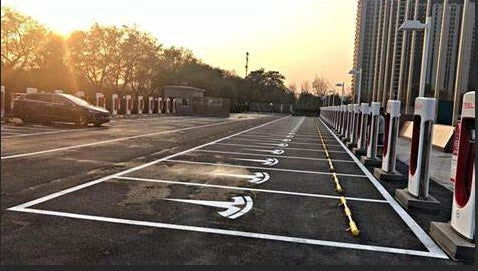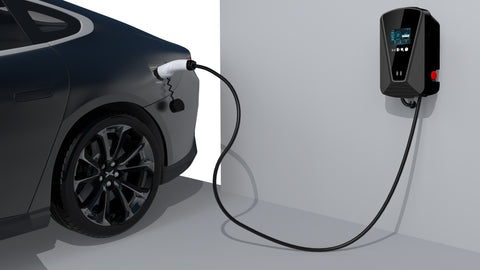In today's society, with the increasing popularity of electric vehicles, electric car charging stations are becoming more and more common. However, although they may appear similar, they are not entirely the same. When choosing a charging station, various factors need to be considered, including charging speed, charging interface, service quality, pricing, and geographical location. Let's delve into these differences in detail.

Firstly, charging speed is a crucial factor. Charging stations are generally categorized into Alternating Current (AC) charging stations and Direct Current (DC) charging stations. AC charging stations have a slower charging speed, suitable for situations where the car will be parked for an extended period, such as at home or near the office. On the other hand, DC charging stations offer faster charging, making them ideal for quick charging during journeys, such as at highway service areas. Therefore, choosing a station that matches your charging needs is paramount.
Secondly, compatibility of the charging interface is also a key concern. Different brands and models of electric vehicles may require different types of charging plugs. Therefore, it is essential to ensure that the charging station provides the appropriate plug for your car model. Some stations offer multiple plug types to accommodate different vehicle models, but not all stations have all types of plugs available.

Apart from charging speed and interface compatibility, service quality is another influencing factor. Some charging stations provide comfortable waiting areas, free Wi-Fi, dining services, and other amenities, enhancing the user experience. In contrast, others might offer subpar services and outdated facilities, causing inconvenience to users. Checking online reviews or feedback from other users can help assess the service quality of a charging station.
Furthermore, there can be differences in pricing methods. Some stations charge based on the time spent charging, while others charge according to the amount of electricity consumed. Some stations also offer membership services, allowing members to enjoy lower charging fees or other discounts. Understanding the pricing structure of a charging station can help users choose a more cost-effective option.

Lastly, the geographical location of the charging station is a crucial factor to consider. The convenience of the station's location, whether it is near places frequently visited, and its ease of accessibility are important considerations. Some cities have public charging station promotion plans, providing more charging facilities and convenience for electric vehicle users. When planning travel routes, choosing a charging station that is nearby and easily accessible can prevent situations where the station is too far away, leading to difficulties in timely charging.
In conclusion, while all electric car charging stations share the common goal of providing convenient charging services for electric vehicle owners, there are many differences in terms of charging speed, interface compatibility, service quality, pricing, and geographical location. Therefore, when choosing a charging station, users need to balance various factors based on their individual needs and circumstances. This ensures selecting the most suitable charging station for their electric vehicle, guaranteeing convenient and smooth travels.







